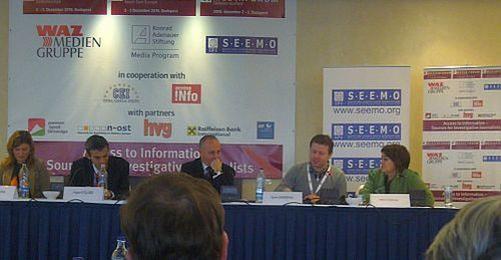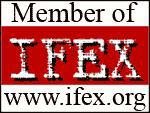About 50 rights organizations and media institutions from Turkey and the south-east Balkans attended the round table meeting held by the Council of Europe Commissioner for Human Rights in Sarajevo, the capital of Bosnia-Herzegovina.
The meeting on 1-2 December 2010 was attended by representatives of rights organizations struggling against corruption and discrimination related to the rights of Roman people, LGBTT individuals and freedom of expression. The countries in the region deplored that the possibilities for mutual co-operation were not developed sufficiently.
The meeting was chaired by Thomas Hammerberg, Human Rights Commissioner of the Council of Europe, and also attended by Feray Salman from the Turkish Joint Platform for Human Rights (İHOP).
EU projects should be stretched into the region
One of the most important demands voiced by the activists in the Balkans was the stretching of European Union (EU) projects in particular into the region in order to enable the activists to efficiently respond to the prevailing problems.
Effective tool: Freedom of Information Act
Meanwhile, the South East Europe Media Organisation (SEEMO) invited bianet and other media institutions to their 4th South East Europe Media Forum held in Budapest as the capital of Hungary on 2-3 December. Subsequent to the forum, SEEMO organized a meeting on press freedom on 4 December. It was mentioned once more that relations between Turkey and the Balkan countries should be developed.
"Freedom of Information Act" was the forum's main title. The organization was attended by more than 250 journalists and media representatives from countries such as Serbia, Greece, Hungary, Romania, Italy, Albania, Macedonia, Bulgaria, Bosnia-Herzegovina and Turkey.
It was emphasized at the forum that the effective use of the Freedom of Information Act created a response for the citizens to reach facts and that this response was the counterpart of a concept of transparent administration.
WikiLeaks and the Freedom to Information Act
The publication of classified documents on WikiLeaks was considered as meeting the public interest in real terms. It was emphasized with concrete examples that he Freedom of Information Act should be applied efficiently and determinedly by fully assessing the administrative and judicial possibilities. (EÖ/VK)













